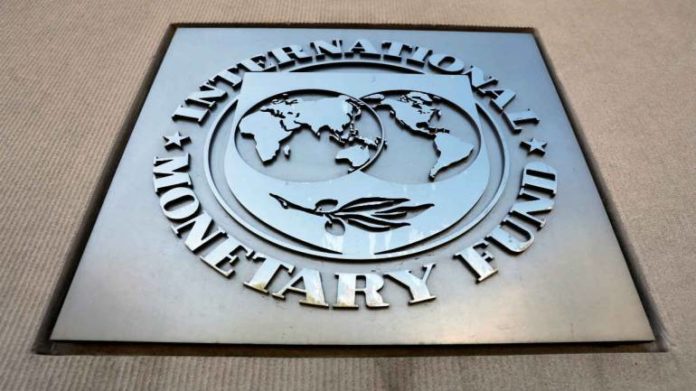Ghana’s public debt stock is not going to take a nose dive anytime soon as it is expected to hit 81.5% of Gross Domestic Product (GDP) by the end of this year, the IMF has revealed in its April 2021 Fiscal Monitor.
This means the country’s debt will go above GH¢300 billion before the end of 2021.
Per the IMF data on low-income developing countries, Ghana’s debt to GDP ratio will surge to 83.2% in 2022, and then further to 84.8%, 86.0% and 86.6% in 2023, 2024 and 2025 respectively. It will however drop slightly to 85.5% in 2026.
This could possibly push the economy into a highly debt distress category, as majority of revenue will be used to service debt, leaving only small fiscal space.
In Sub Saharan Africa, Zambia and Congo Republic are the only two countries that will record unsustainable debt levels, worse than Ghana.
On the average, debt of oil producing countries is estimated 35.2% of GDP in 2021, whilst Sub Saharan Africa debt to GDP will be 47.2% of GDP.
Analysts and market watchers are worried about Ghana’s rising debt as there is a higher risk of default, going forward.
Ghana’s debt hit GH¢291.6bn in December 2020 – BoG
Ghana’s total public debt stock reached an all time high of GH¢291.6 billion in December 2020, approximately 76.1% of GDP, the Bank of Ghana said.
According to the figures, external debt alone stood at GH¢141.8 billion, approximately US$24.7 billion. This is also equivalent to 37.0% of GDP.
The domestic debt was however slightly higher at GH¢149.8 billion at the end of 2020, about 39.1% of GDP.
The financial sector debt also stood at GH¢15.3 billion in December 2020, but GH¢100 million lower, from the September 2020 data. This is however equivalent to 4.0% of GDP.
Ghana’s debt to remain flat at 75% of GDP in 2024 – Fitch
International ratings agency, Fitch earlier said Ghana’s debt will ‘plateau’ at approximately 75% of GDP from 2024.
Accordingly, the debt will continue to rise in 2021 and 2022 due to high Covid-19 pandemic-related spending and the realization of energy sector liabilities.
Fitch however affirmed Ghana’s sovereign rating (B/Stable) in October 2020, on an expectation of a gradual recovery, both in economic performance and fiscal revenue following the pandemic shock, the availability of external and domestic financing sources, and the eventual stabilization of debt/GDP.







